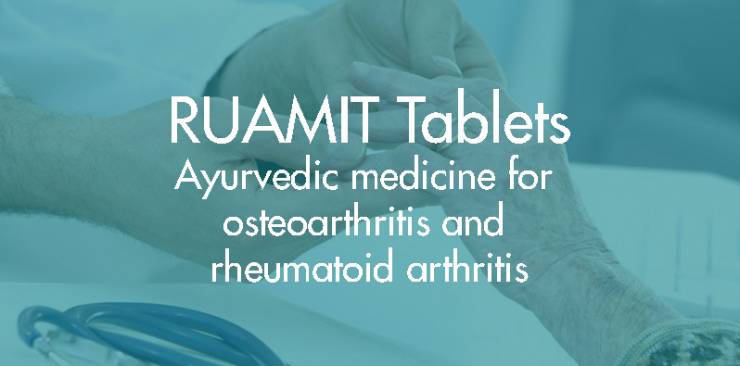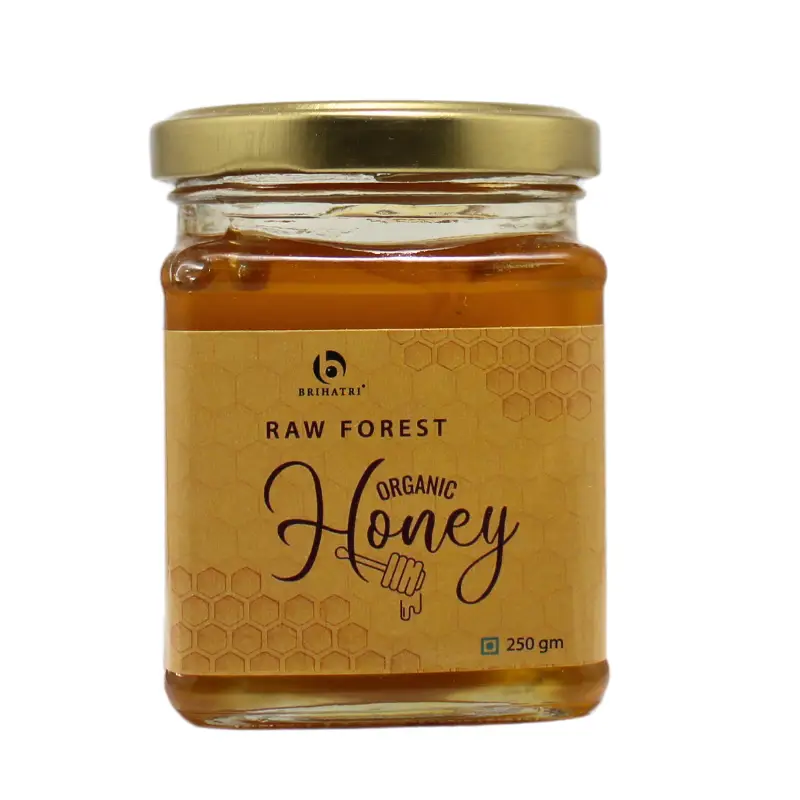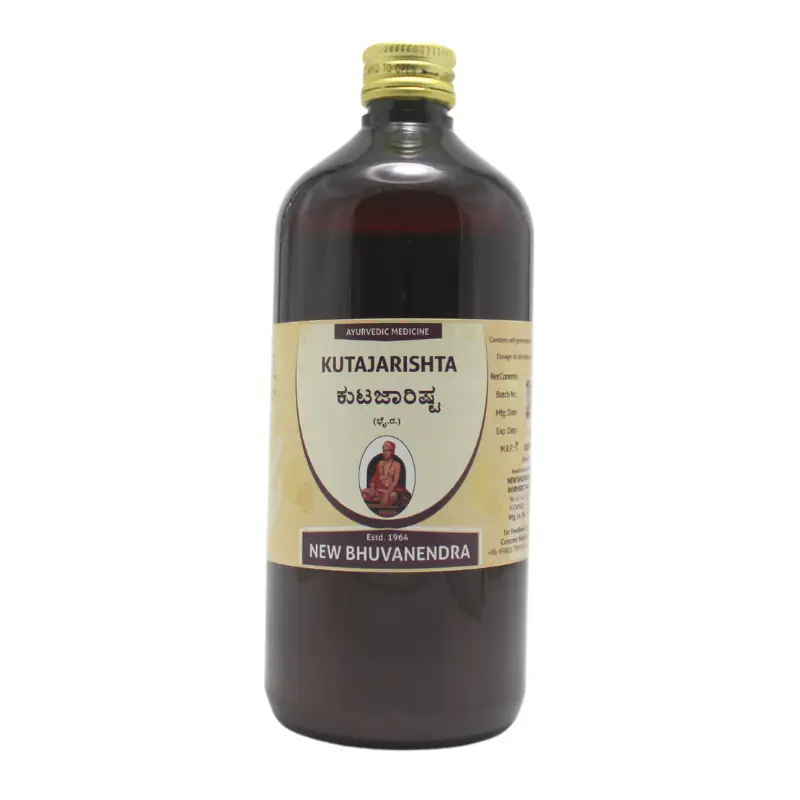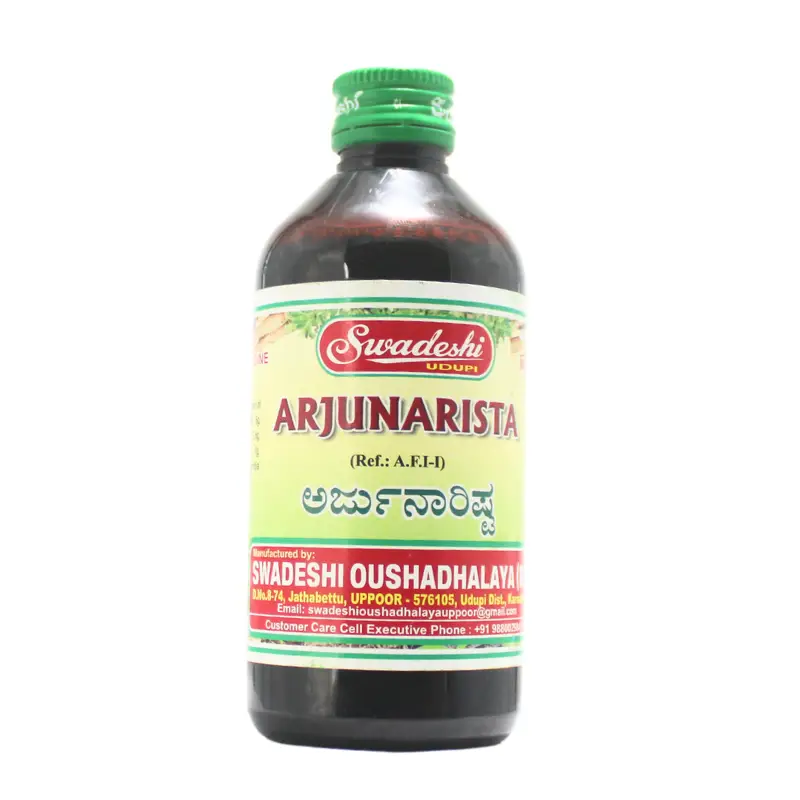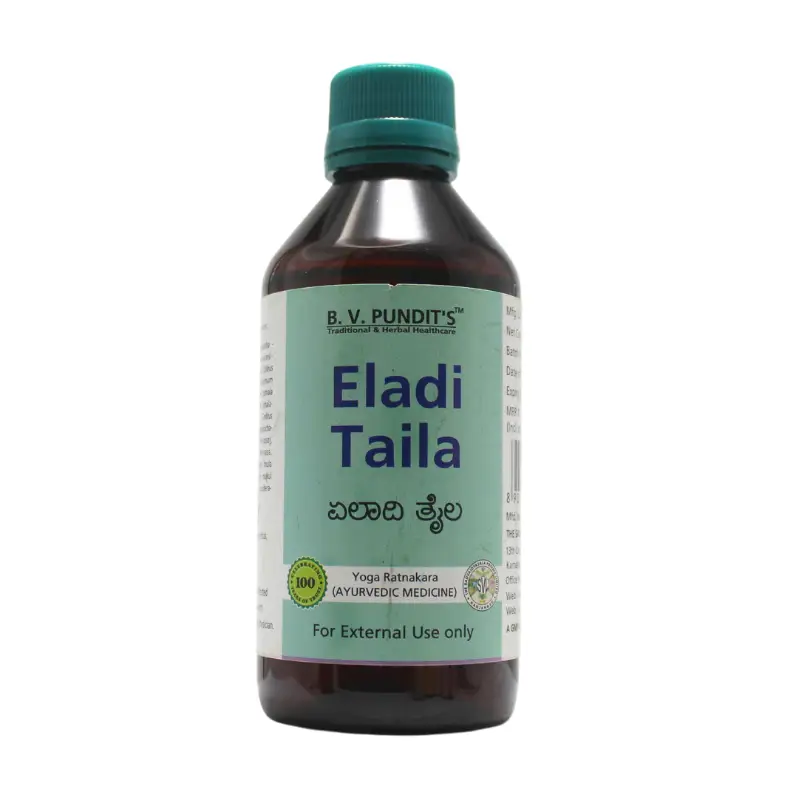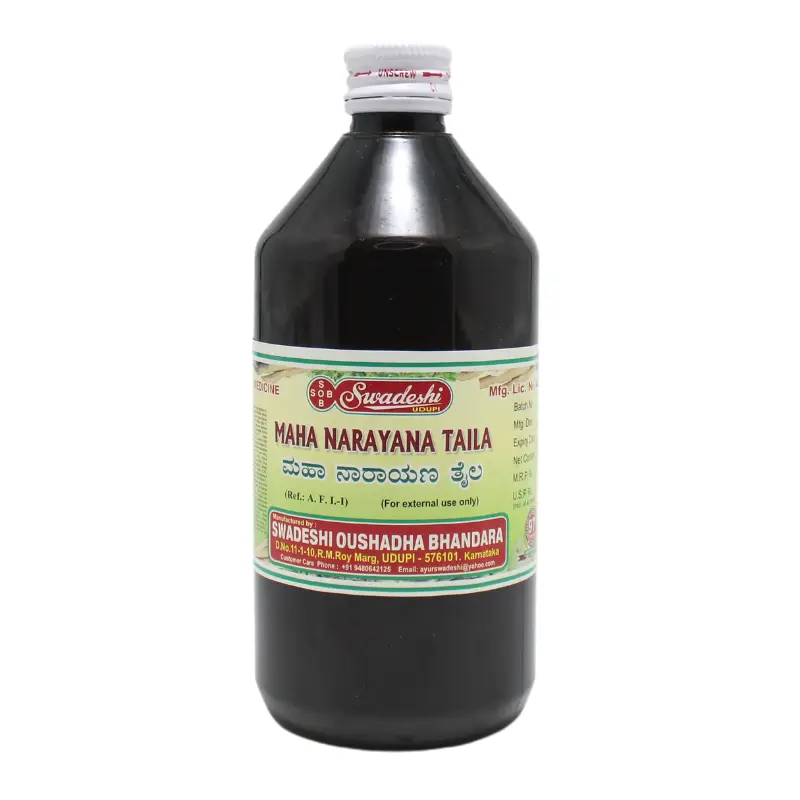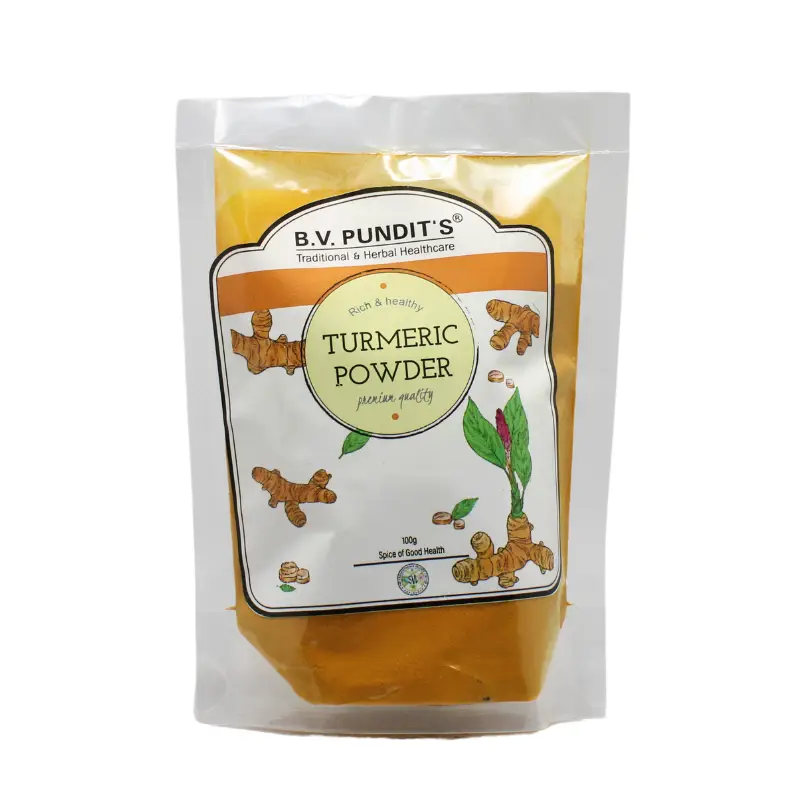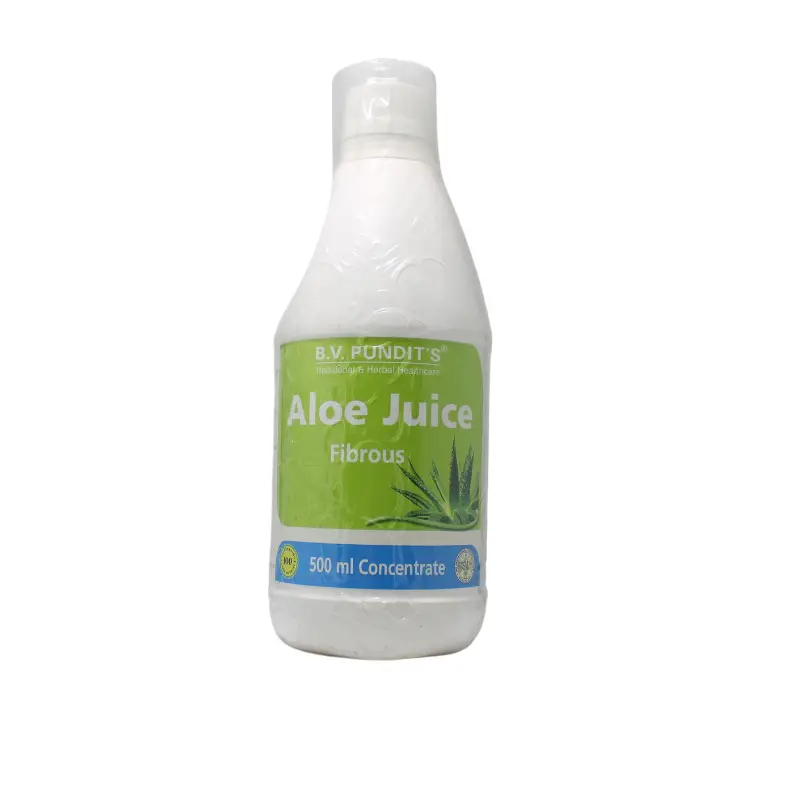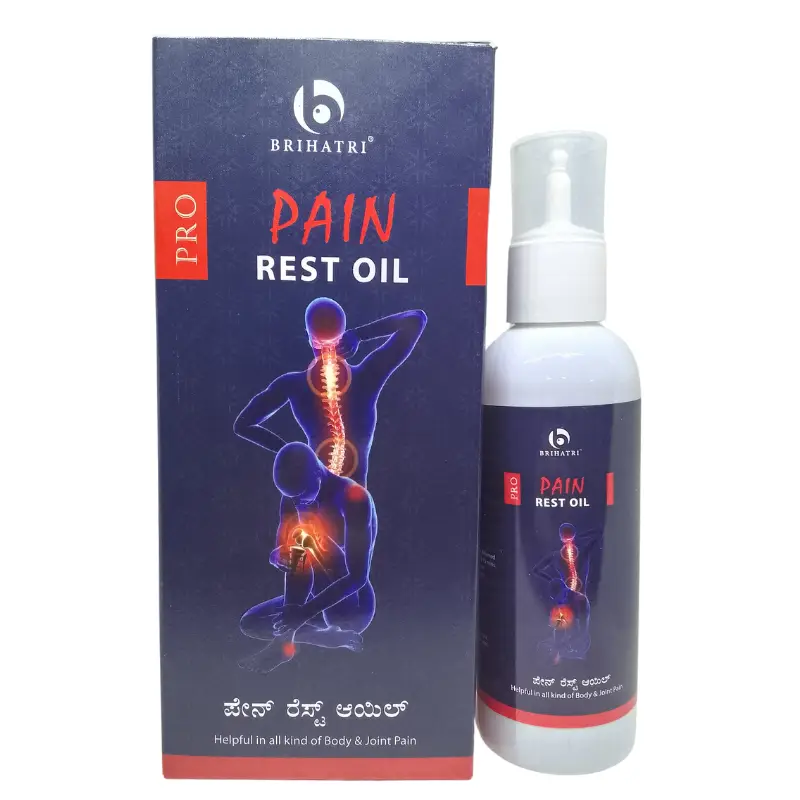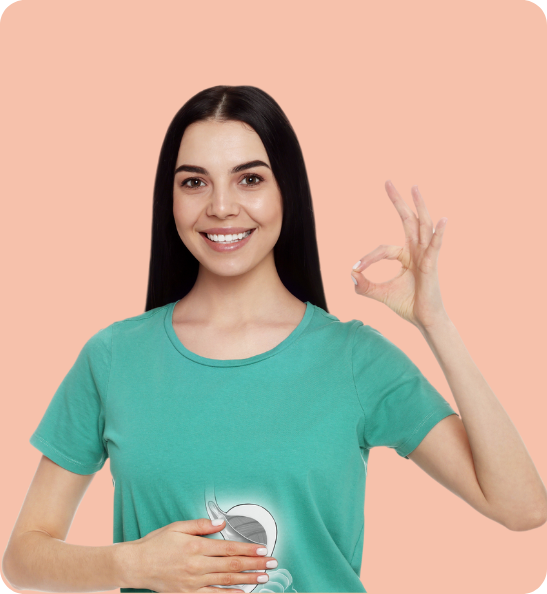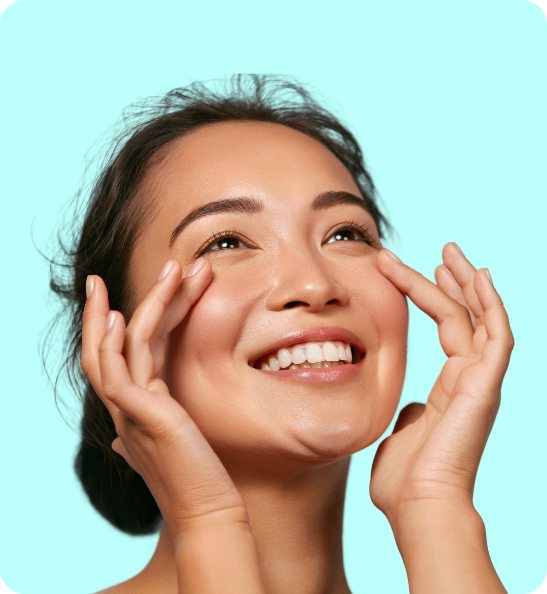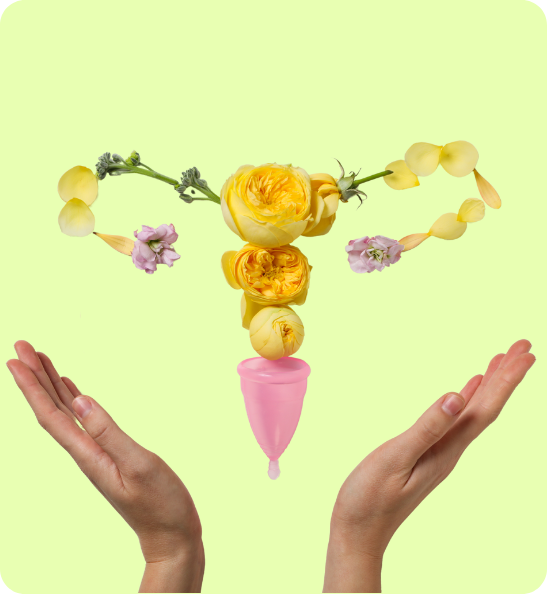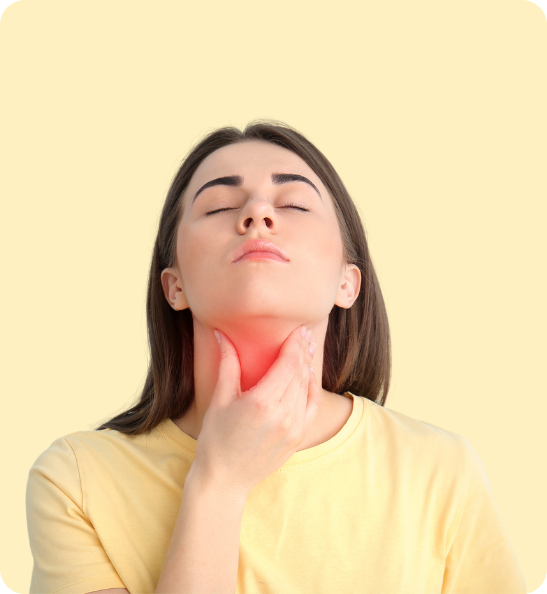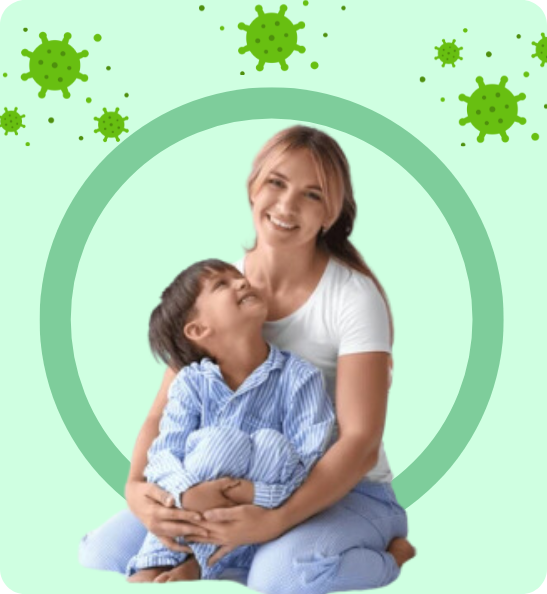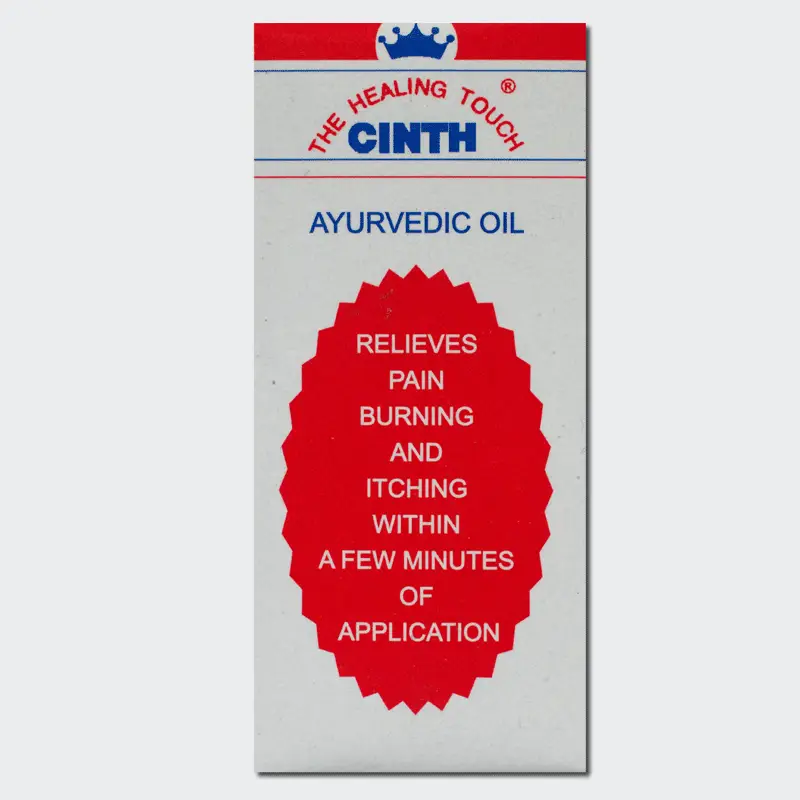INTERMITTENT FASTING IS SAFE AND HEALTHY WITH EFFECTIVE BENEFITS
Intermittent fasting is a new concept, which is trending in the health and wellness segment. This type of fasting suggests eating food in a 6-8-hour window. Whenever you decide to eat, after your meal there is an 8-16 hour fast in between. Basically, it means you fast for 8-16 hours between your first and next meal of the day.
Intermittent fasting may be a new term, but it exists in Ayurveda for thousands of years. Ayurveda mentions two timings for eating food–morning, after sunrise, and evening, before sunset. In between, there is a long gap of 8 to 10 hours fasting.
As Ayurveda believes in the uniqueness of each individual, the benefits of intermittent fasting will vary from individual to individual. Ayurveda says you are what you digest. When our digestive fire or agni is low, we begin to accumulate toxins or ama, which is the undigested food matter inside us. This ama is the root cause of all diseases.
When ama starts accumulating, we experience several changes including cravings, mood swings, anxiety, fatigue, bad breath, a coating on the tongue, body odour, and laziness. If we do not take precautions to detox this ama, this toxic undigested food gets into the bloodstream and spreads throughout the body, manifesting into serious conditions. Intermittent fasting can help eliminate this ama. People usually choose to fast to lose weight.
Benefits of intermittent fasting
Studies have proved that intermittent fasting helps in burning fat. It also helps those who are highly insulin sensitive. While it helps in hormone functions, it also improves sleep.
Intermittent fasting helps in weight loss. Studies have proved that time-restricted feeding helps in reducing overall caloric intake, and decreases fat mass without affecting the lean mass. As there is fasting for 16 hours, it boosts the metabolism, which helps in weight loss.
The digestive organs are the largest in the body, hence they require a lot of energy to function, so at times it needs rest. This rest can be given by fasting, which frees up energy to be used for healing. This energy is then used for improving agni, burning away the toxins, and supporting a strong immune system.
Intermittent fasting soothes our body and mind like meditation. With fasting, the body feels lighter and regains its natural glow. It increases the energy level and the mind becomes clearer and more focused.
With fasting, our bodies get detoxed and throw out the unwanted toxins. Basically, fasting cleanses the body and mind. This is why spiritual and religious traditions use fasting.
When we do 8-16 hours intermittent fasting, it improves health by fighting inflammation. Inflammation plays an important role in the progression of diseases and disorders. It suppresses inflammation and enhances the activity of anti-inflammatory substances. Hence, intermittent fasting reduces the risk of chronic diseases.
Intermittent fasting can regulate blood glucose and insulin levels. As fasting increases adiponectin levels, which is correlated with insulin sensitivity. As a result, inflammatory compounds trigger insulin resistance.
Research has shown that intermittent fasting improves cognitive functions and brain structures. Studies have found that when food is restricted for such a long time, it attenuates the brain ageing process.
Intermittent fasting does a self-cleansing natural mechanism of the body, where the old cells get broken down and recycled. It helps in memory formation and reverses age-related memory decline.
Intermittent fasting also improves overall health. With weight loss, the risk of metabolic diseases also decreases. It also improves blood glucose level and boosts brain function.
Disadvantages of intermittent fasting
Though intermittent fasting is beneficial for health, it should be done in the correct way. Otherwise, it may lead to certain problems.
Since you can eat only after 8 hours, some people tend to overeat in order to make up for the fasting hours. This may fail to give good weight loss results. This may even lead to digestive problems.
You should also note that at the beginning of intermittent fasting, some people may feel weakness, fatigue, headache and dizziness. These symptoms are common, but will subside with time. It is always advisable to consult your doctor before you indulge in intermittent fasting.
Finally, intermittent fasting is a safe and healthy when you practice with care. If you have any health problems, you should ask your doctor before starting fasting.















